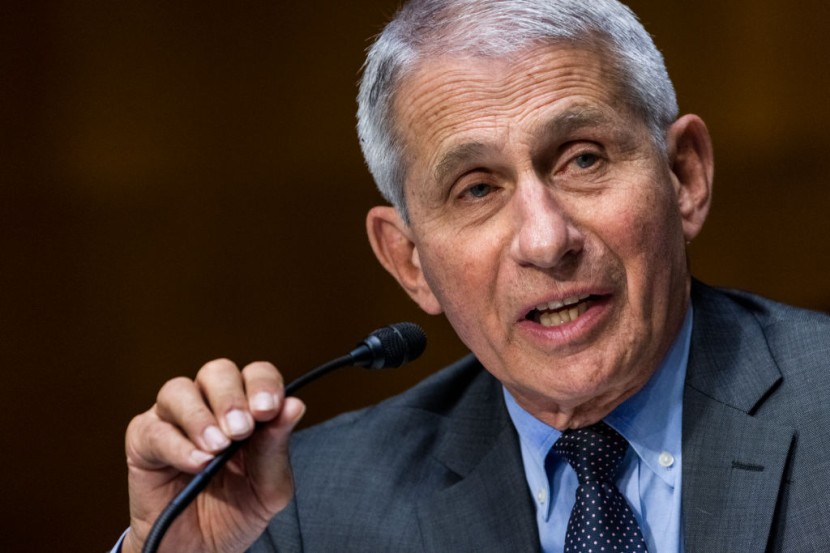
Dr. Anthony Fauci, President Joe Biden's top adviser on the COVID-19 pandemic, has stated that he is "not convinced" that the deadly virus evolved naturally and has called for further investigations into how it spread.
Three researchers from China's Wuhan Institute of Virology (WIV) obtained medical treatment in November 2019, months before China announced the COVID-19 pandemic, citing a previously undisclosed US intelligence report.
COVID-19 origin report prompts for a deeper investigation
On Sunday, the Wall Street Journal said that the report could add weight to calls for a deeper investigation into whether the COVID-19 virus escaped from the laboratory because it provided new information on the number of researchers involved, the timing of their infections, and their hospital visits.
The report was released in a meeting of the World Health Organization's (WHO) decision-making board, which is likely to address the next steps of the COVID-19 probe. According to a National Security Council spokeswoman, the Biden administration continues to have "significant concerns regarding the early days of the COVID-19 pandemic and its roots within the People's Republic of China."
She claimed that the US government worked with the WHO and other member states to facilitate an expert-led investigation into the pandemic's origins free of interference or politicization. "We won't make statements that prejudge an open WHO investigation into the origins of SARS-CoV-2, but we've been aware that sound and scientifically valid explanations should be carefully tested by international experts," she added, Daily Mail reported.
Current and former officials familiar with the lab researchers' intelligence shared several opinions regarding the report's supporting facts, with one anonymous source suggesting it required further analysis and additional corroboration.
In March, the United States, Norway, Canada, the United Kingdom, and other countries voiced their dissatisfaction with the WHO-led COVID-19 origins report, calling for further investigation and complete access to all relevant human, animal, and other data outbreak's early stages. According to a person familiar with the initiative, Washington wants China to cooperate and be more transparent.
Fauci, Sen. Rand Paul spar over US-financed COVID-19 origin probe
Following a visit to the virology institute in February, a WHO-led team concluded that a lab leak was highly doubtful, according to China's foreign ministry on Sunday. The US government has reason to suspect that many researchers within the WIV got sick in autumn 2019, before the first confirmed case of the disease, with signs associated with both COVID-19 and typical seasonal illnesses, per a State Department fact sheet released at the end of the Trump administration.
It did not specify how many researchers were involved. According to one of the team's experts, China declined to send raw data on early COVID-19 cases to the WHO-led team investigating the pandemic's origins, potentially complicating attempts to explain how the virus started.
At the hearing, Fauci and Sen. Rand Paul (R-Ky.) sparred about whether the US government-financed "gain of function" research at the Wuhan lab involving creating a virus more potent in a managed lab environment to develop improved vaccines to combat it.
Per NY Post, Fauci said, "With all due consideration, Senator Paul, you are totally, entirely, and fully wrong. The National Institutes of Health has never and will never finance the benefit of work research at the Wuhan Institute."
Last Thursday, the House Intelligence Committee released a report alleging strong circumstantial evidence that the coronavirus emerged from a leak at China's Wuhan Institute of Virology and that the US government may have supported or participated in the research that contributed to it. The Republicans wrote in the report that "international attempts to find the true origins of the virus have been held back by a lack of support from the People's Republic of China."
Related Article: Ivermectin To Undergo COVID-19 Drug Trial in the University of Minnesota as Online Interest Surges
@YouTube








